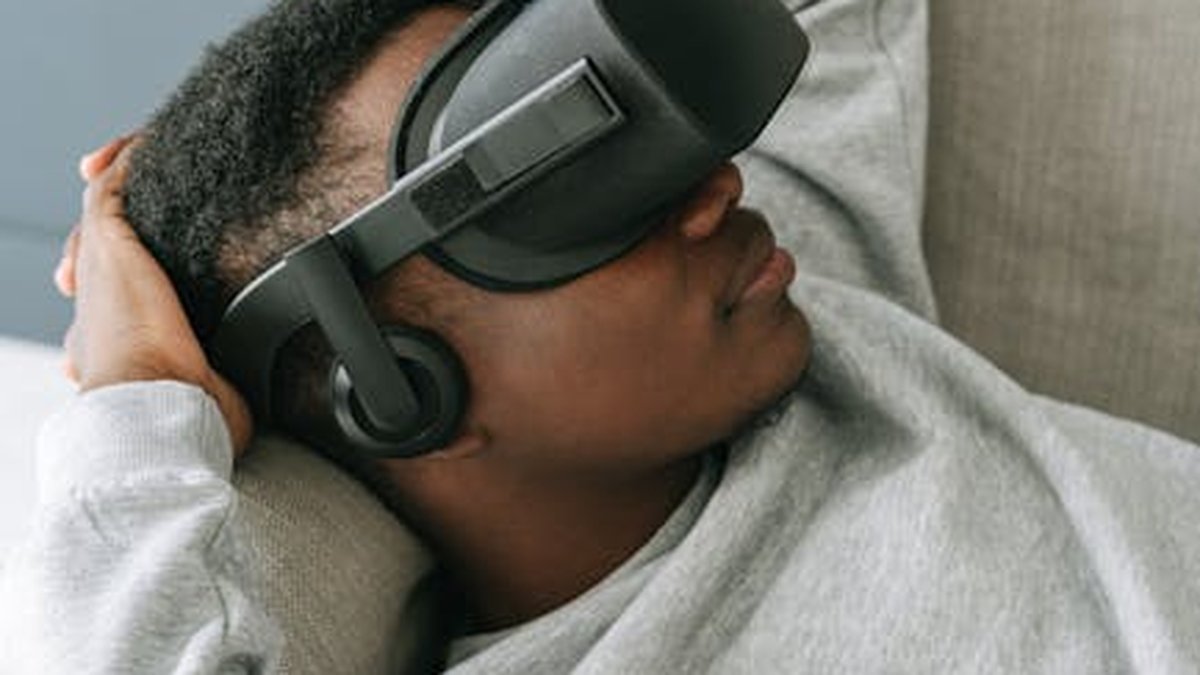Navigating the Metaverse for Health and Wellness: Opportunities and Challenges
Introduction
The metaverse, a persistent, shared, 3D virtual world, is rapidly evolving and impacting various aspects of our lives. While often associated with gaming and entertainment, it presents intriguing possibilities for enhancing our health and wellness. From virtual fitness classes to mental health support groups, the metaverse offers novel ways to engage with well-being. However, navigating this digital frontier requires understanding both its opportunities and challenges.
Opportunities in the Metaverse for Health and Wellness
Virtual Fitness and Exercise
One of the most promising areas is virtual fitness. Imagine attending a yoga class on a tropical beach, cycling through the Swiss Alps, or engaging in a high-intensity interval training (HIIT) session led by a virtual instructor – all from the comfort of your home. The metaverse can make exercise more engaging and accessible.
- Immersive experiences: Makes workouts more fun and motivating.
- Personalized training: AI-powered avatars can provide tailored feedback.
- Accessibility: Overcomes geographical limitations and physical constraints.
For example, companies are developing VR fitness games that track your movements and provide real-time feedback, turning exercise into an enjoyable game.
Mental Health Support and Therapy
The metaverse can also offer innovative solutions for mental health support. Virtual therapy sessions, support groups, and mindfulness exercises can be conducted in a safe and anonymous environment. This can be particularly beneficial for individuals who are hesitant to seek traditional therapy due to stigma or accessibility issues.
- Anonymity and privacy: Creates a safe space for sharing personal experiences.
- Accessibility: Reaches individuals in remote areas or with mobility limitations.
- Interactive therapy: Virtual reality can be used to treat phobias and anxiety disorders through exposure therapy.
Imagine participating in a virtual support group where you can connect with others who share similar experiences, without revealing your real-world identity.
Health Education and Training
The metaverse provides immersive and interactive platforms for health education and training. Medical students can practice surgical procedures in a virtual operating room, patients can learn about their conditions through interactive simulations, and healthcare professionals can collaborate on complex cases in a shared virtual environment.
- Realistic simulations: Provides hands-on experience in a safe and controlled environment.
- Interactive learning: Engages learners and improves knowledge retention.
- Collaborative training: Facilitates teamwork and communication skills.
For example, surgeons can use VR to plan and practice complex surgeries before performing them on real patients, reducing the risk of complications.
Challenges and Considerations
Digital Divide and Accessibility
Access to the metaverse requires specific hardware and internet connectivity, which can create a digital divide. Ensuring that everyone, regardless of their socioeconomic status or location, has access to these technologies is crucial for equitable health and wellness outcomes.
Tip: Look for community initiatives that provide access to VR equipment and internet services in underserved areas.
Data Privacy and Security
The metaverse collects vast amounts of data about users, including their movements, interactions, and physiological responses. Protecting this data from breaches and misuse is paramount. Clear data privacy policies and robust security measures are essential.
Tip: Carefully review the privacy policies of metaverse platforms and be mindful of the information you share.
Potential for Addiction and Mental Health Risks
Excessive use of the metaverse can lead to addiction and other mental health problems, such as social isolation and anxiety. It’s important to maintain a healthy balance between virtual and real-world activities.
Tip: Set time limits for metaverse use and prioritize real-world social interactions and activities.
Lack of Regulation and Standardization
The metaverse is a relatively new and unregulated space. The lack of standardized guidelines and regulations can create uncertainty and potential risks for users. Clear regulations are needed to protect consumers and ensure ethical practices.
Tip: Stay informed about the evolving regulatory landscape and support initiatives that promote responsible metaverse development.
Conclusion
The metaverse holds immense potential for transforming health and wellness. By embracing its opportunities while addressing its challenges, we can create a future where virtual technologies empower individuals to live healthier and more fulfilling lives. As the metaverse continues to evolve, it’s crucial to approach it with a balanced perspective, promoting responsible innovation and ensuring equitable access for all. The key is to use the metaverse as a tool to augment our real lives, not replace them. By focusing on mindful integration, we can unlock the incredible potential of this virtual world for the betterment of our physical and mental well-being. Embrace the future of health and wellness, responsibly.






